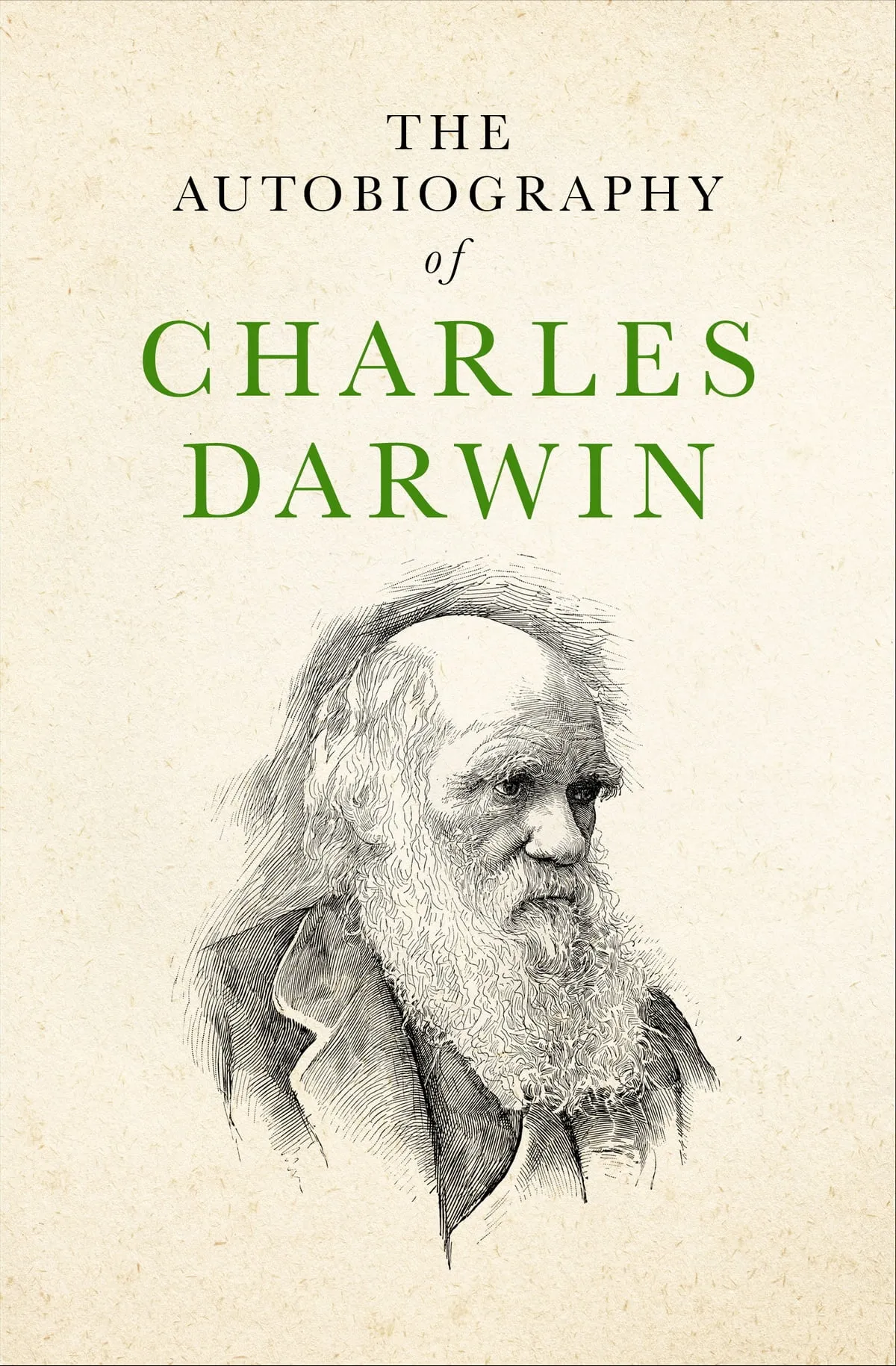Dr Zach vs Rationality Rules
Craig Shearer - 23rd January 2024
I recently watched a debate on YouTube between Dr. Zachery Ardern and Stephen Woodford.


Dr Zachery Ardern is a kiwi-born Christian apologist. Stephen Woodford is an atheist, and has a YouTube channel called Rationality Rules.
The title of the debate was “Does theism or naturalism better explain reality?”. The debate was only 50 minutes long, so it is quite digestible. I’m friends with Zach on FaceBook, and he recently posted a link to the debate, inviting people to go watch it.
I have encountered Zach before - indeed one of my first exposures to him was when I attended a lecture he gave at Auckland University. And by “at” Auckland University, I mean physically there - he wasn’t actually lecturing in a formal sense - it was part of a Christian outreach session at one of the student facilities at the university. This would have been about 15 years ago. After that, we had Zach along to give a talk at one of our Skeptics in the Pub meetup events, back when we were running them at The Juice Bar in Parnell, for those who might remember.
Zach is a bit of an oddball in the Christian Apologetics scene. He has a PhD in Evolutionary Biology, so isn’t your run-of-the-mill Young Earth Creationist Christian Apologist that we’ve previously encountered in the forms of Ken Ham, Ray Comfort or Kent Hovind.
Apart from Zach’s science background, he does seem to fit the mould of a typical evangelical Christian, espousing that Jesus is the way, and the purpose, of the universe. Zach “believes” in the reality of evolution, though, from my past encounters with his arguments, he seems to take the stance that evolution is somehow guided by God. He accepts that the universe is billions of years old, and that the Big Bang happened. It’s just why it happened, and what the point of it all is where he would be odds with most skeptics.
From my previous encounters with Zach, he believes that God created the universe for the purpose of sending Jesus to earth about 2000 years ago. Given that our planet is about 4.5 billion years old, and that the universe had existed for over 9 billion years before our planet formed, this seems to stretch credulity quite a lot - at least in my mind.
Anyway, I thought I’d review the arguments presented in the video. The actual debate occurred in the UK, at a high school in Buckinghamshire. (We never had these sorts of debates when I was in high school - indeed, the concept that people didn’t believe in god certainly wasn’t very prominent when I was growing up!) Zach is currently based in Europe - in Germany, I believe - but has previously been involved with groups of academics who are Christians, and in promoting Christian Apologetics over there. The debate was hosted by Justin Brierly, who is also a Christian Apologist, who aims, according to his website, to “showcase an intellectually compelling case for Christianity, while taking seriously the questions and objections of sceptics”.
As a self-described agnostic atheist (i.e. I don’t believe that any gods exist, but don’t “know” that they don’t), I may be biassed, but the arguments presented by Zach in the video were quite awful. I thought that Stephen presented his ideas very well. But, you can judge for yourself.
But, I’d like to run through a few of the arguments covered, and give my perspective on them. One interesting point about the debate is that, while Zach was representing Christianity, many of the arguments were for a generic god, be it any of the three major religions of Christianity, Islam and Hinduism. These would, no doubt, have been relevant to the majority of the school kids in the audience.
In Zach’s first slide, he claims that “this universe does not seem to be due to blind chance or necessity - but is reasonably believed to be due ro a rational First Cause”.
He quotes Charles Darwin, showing that Darwin thought it was impossible to conceive that the universe came about by blind chance, and that he was a Theist.
I looked up the quote, and it’s actually from Darwin’s autobiography. It was Darwin talking about his experiences and thoughts at the time he was writing On the Origin of Species, and saying that, at that time, he considered himself a believer. Reading on from that point shows that Darwin then expressed doubts, and wasn’t so sure:
“The mystery of the beginning of all things is insoluble by us; and I for one must be content to remain an Agnostic.”
And further on, he writes:
“Nothing is more remarkable than the spread of scepticism or rationalism during the latter half of my life. Before I was engaged to be married, my father advised me to conceal carefully my doubts, for he said that he had known extreme misery thus caused with married persons.”

So, from this, I have to conclude that Zach is doing a bit of quote mining to support his argument! This is a common tactic we’ve seen amongst apologists, and Darwin’s writing style lends itself to this sort of thing. He typically states some idea which he doesn’t actually believe, only to refute it in the following paragraphs.
And, to be fair, Zach did mention that Darwin changed his mind several times, but never claimed to be an atheist.
I’d say that Darwin was a product of his time, and missed out on a vast amount of scientific discovery in the many decades after his life. But, luckily, skeptics don’t put much stock in appeals to authority!
Next up, Zach talks about anomalies, and that they don’t necessarily kill a theory. Anomalies that aren’t explained by a scientific theory don’t necessarily invalidate that theory, but we probably know that there are some details that aren’t yet accounted for, and may be explained in the future by tweaks to that theory. He then uses that argument to claim that anomalies, such as the existence of evil, don’t refute the theory that God exists.
Zach then lays out his main arguments:
-
God is the explanation for the existence of laws of nature
-
God rationally chose these precise laws to make this universe which supports life
-
God rationally constructed evolution so as to produce the diversity of life
-
God’s rationality allows our knowledge of non-physical realities
Zach claims that these are diverse facts, and his opinion that the “theory of God” explains these diverse facts makes it a good theory about the world.
On the existence of laws of nature, the way Zach presents it is that he’s imagining a cosmic “law giver”, that sets out how things operate. In reality, the “laws of nature” are descriptions of how nature operates. They’re a mathematical description of how the universe operates, and don’t require some entity to design them.
He also thinks it’s a surprise that the laws of nature are universal, that the universe seems to operate in the same way wherever we look. To me, this indicates some underlying nature of the universe that makes this so. If the laws didn’t operate the same way everywhere, we’d have some explaining to do, or it would, perhaps, suggest the operation of some capricious entity that was determining which parts of the universe operated on which laws!
On his second point, he’s claiming that the universe was designed in such a way so as to support life. But, we wouldn’t be here to observe this were this not the case. This is an expression of the Anthropic Principle. Additionally, most of the universe seems to be pretty inhospitable to life - at least on all the planets we ‘ve sent probes to so far, there’s no signs of life - at least not in the form that is easily recognisable. And I’m reminded of Douglas Adams’ amusing analogy of the puddle:
“This is rather as if you imagine a puddle waking up one morning and thinking, ‘This is an interesting world I find myself in - an interesting hole I find myself in - fits me rather neatly, doesn’t it? In fact it fits me staggeringly well, must have been made to have me in it!’”
On the point about God rationally constructing evolution, it would seem that this is a rationalisation designed to explain the clear and convincing evidence that evolution happens and that humans are but one species that has arisen from it. In my mind, it is difficult to conceive what it would be that God had designed into evolution that allowed for our existence. Indeed, Stephen J Gould famously wrote about the contingency of evolution, and were we able to “rewind the tape” of evolution and replay it, it’s unlikely that humans would arise in their current form, or indeed that anything can be predicted with any certainty. How then, does God design evolution to produce humans 13.8 billion years later without knowing every detail in advance? And if everything is planned, what of free will?
And, it would seem that there’s nothing particularly magical about evolution. All it requires is some mechanism for selective inheritance of characteristics, and some means of competition in which more fit forms can outcompete less fit forms.
For his final point, he makes the case that our physical minds can know about things that aren’t physical - giving the examples of mathematics, morality, and metaphysics. (Nice alliteration!)
Zach claims this is unexpected in a universe indifferent to us and asks “why should unguided brain evolution allow knowledge of non-physical realities?” I’m not sure I’m convinced why it wouldn’t, except to answer that such capabilities in our brains clearly have competitive advantage - the thing on which evolution runs.
Zach’s arguments went a little over time, but then Stephen got a chance to respond. I felt that Stephen made some eloquent points, and gave a good presentation.
One niggly point would be that Stephen talked about Atheism giving a better account of reality than Theism. I think it would be better explained as naturalism, but I get that the perception of the audience would be that atheism is countering theism.
Stephen’s presentation makes a big deal of ontological cost, meaning that for Zach’s arguments to be taken seriously involves committing to a whole lot of new concepts and entities for which we have no good evidence, and require belief in unfalsifiable concepts and, often, contradictory ideas.
I don’t want to summarise the whole debate, as that would take many more words than I want to subject you to, but Stephen went on to provide some examples of God’s morality changing over time - such as whether slavery is permitted or not, or how women should be treated. This seemed to me to have Zach having to justify differing interpretations of scripture over time.
Anyway, I think the debate is well worth a watch and would welcome comments on whether Zach’s or Stephen’s arguments were more convincing.
Lastly, it’s possible to be a skeptic and have some sort of religious faith. But when you start making claims about the physical world, you’d better be able to back them up with good evidence!